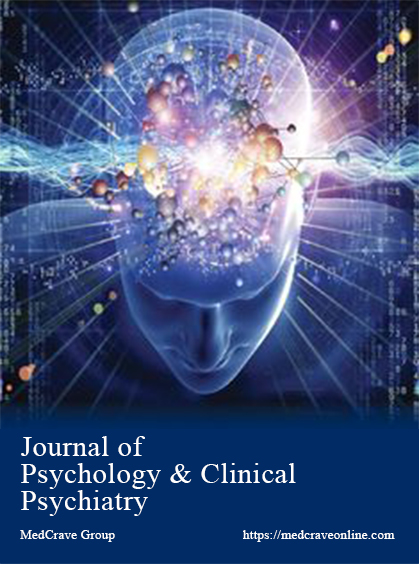EEG/QEEG Technology Identifies Neurobiomarkers Critical to Medication Selection and Treatment in Refractory Cases
EEG/QEEG Technology Identifies Neurobiomarkers Critical to Medication Selection and Treatment in Refractory Cases
Author(s): Ronald J. Swatzyna, Jay D. Tarnow, Jonika D. Tannous, Vijayan K. Pillai, Christine Schieszler, Gerald P. KozlowskiSubject(s): Neuropsychology, Clinical psychology
Published by: MedCrave Group Kft.
Keywords: EEG; QEEG; biomarker; neurobiomarkers; psychotropic drugs; pharmaco-EEG
Summary/Abstract: In psychiatry, the reliability of diagnosis (a symptom-based approach) is instrumental in the management of medications and treatments. The National Institute of Mental Health (NIMH) is now searching for neurobiological measures that account for observed and reported symptoms. The results of our study of 386 refractory clinical cases suggest there are four neurobiological measures that account for medication failure: encephalopathy, focal slowing, beta spindles and transient discharges. One or more of these neurobiological measures (neurobiomarkers) explained why medication failed in each of these refractory cases. Our investigation found positive correlations between numbers of medications being prescribed and numbers of neurobiomarkers being identified in children and adolescents. In adults we also we found a positive correlation between numbers of medications being prescribed and number of diagnoses. This study represents a model that could improve the efficacy of the psychotropic intervention and treatment selection in refractory psychiatric cases.
Journal: Journal of Psychology & Clinical Psychiatry
- Issue Year: 1/2014
- Issue No: 7
- Page Range: 226-229
- Page Count: 4
- Language: English

